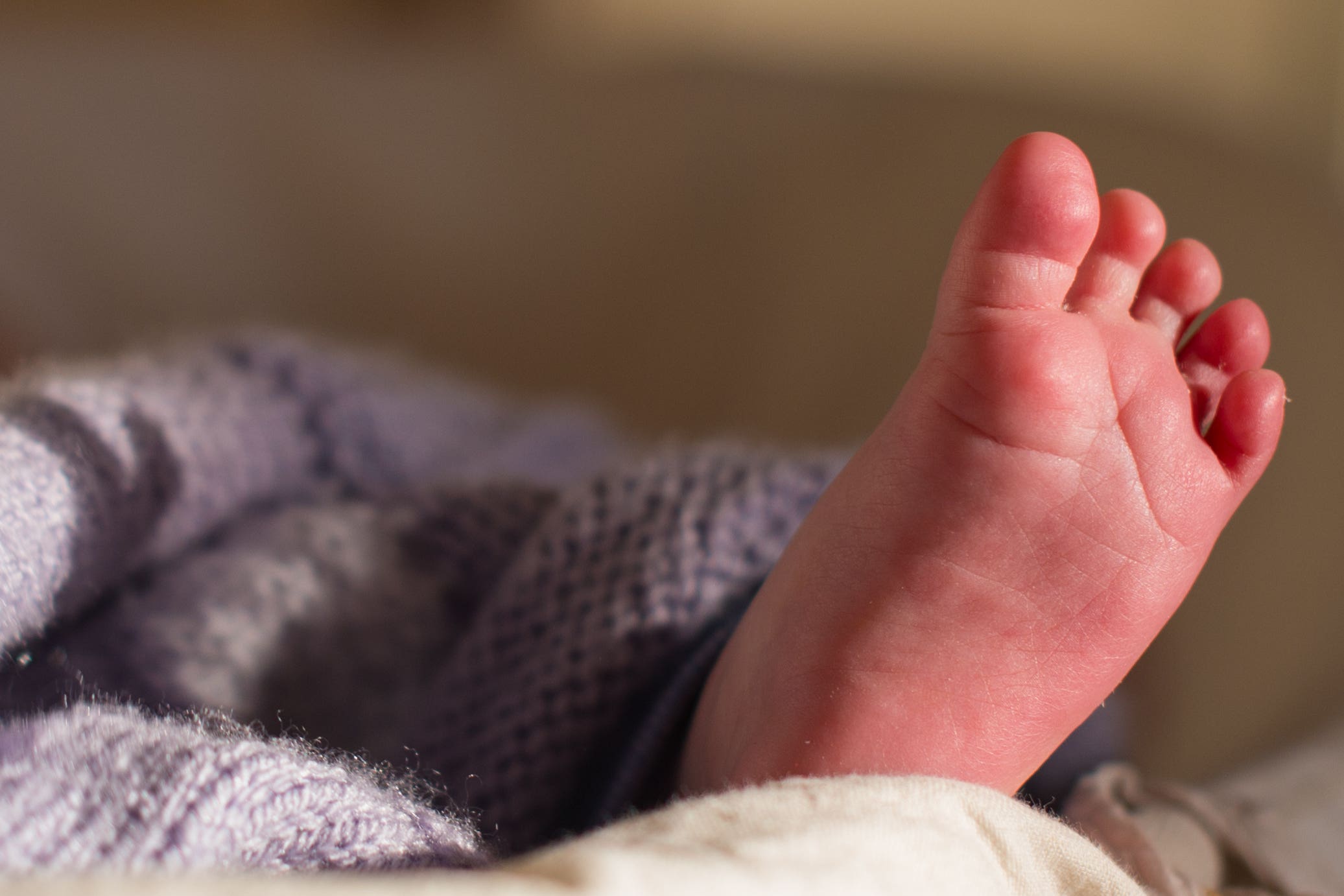Premature babies do not get used to repeated pain, study suggests
Researchers suggest the ability to get used to repeated pain might develop during the third trimester of pregnancy.

Premature babies do not get used to repeated pain in the way that full-term babies, children and adults do, new research suggests.
If pre-term infants have not yet developed the mechanism that enables them to get used to moderate pain, medical procedures in their first few weeks of life could potentially have an impact on their development, the study indicates.
Led by UCL researchers, it suggests that the ability to get used to repeated pain might develop during the third trimester of pregnancy.
Therefore, babies born prematurely might not have developed this ability that full-term babies have.
Lead author Dr Lorenzo Fabrizi, UCL neuroscience, physiology and pharmacology, said: “The way that we can get used to things can be seen as the simplest example of behavioural and brain plasticity, and it is a basic part of memory and learning.
Pain habituation is important because it enables us to preserve physical, emotional and cognitive resources by not overreacting to pain that is unavoidable or not life-threatening
“Pain habituation is important because it enables us to preserve physical, emotional, and cognitive resources by not overreacting to pain that is unavoidable or not life-threatening.
“Our findings suggest that the ability to get used to repeated pain might develop during the third trimester of pregnancy, so that babies born prematurely have not yet developed this ability that full-term babies have right from birth.”
The study involved 20 babies at University College London Hospitals (UCLH).
Half of them were pre-term (and tested while still younger than 35 weeks gestational age) while the other half were either born at full term (seven infants) or pre-term but tested at term age (three infants).
The two groups were comparable in terms of their actual postnatal age, as the pre-term babies had an average age of 14 days, compared twith 10 days among the full-term group.
Researchers measured the babies’ responses to a painful but clinically required heel lance (blood test), which was conducted twice (three to 18 minutes apart) for each child.
While unpleasant and painful clinical procedures are necessary for many young infants, there is the potential to impact their development, such as by altered pain perception, or potentially reduced grey matter or disrupted white matter in the brain
These tests can elicit substantial pain responses in infants, but it was not previously known whether this decreases on repeated tests – only babies who needed a second lance were included in the study.
The researchers recorded the infants’ brain activity and heart rates while also monitoring their facial expressions and reflexes in withdrawing the leg.
They found that brain activity was not as strong immediately after the second test, compared with the first, suggesting a habituation response.
However, according to the study, this was only the case for full-term infants.
Researchers found a similar pattern for heart rate and facial expressions, as premature babies reacted just as strongly to both heel lances, while the full-term infants appeared to habituate to the pain.
The habituation response might be due to the full-term infants anticipating the imminent pain when they receive a second test, so their reaction is less pronounced.
They add that habituation to pain might protect the full-term infants, but not those who were pre-term, from potential consequences to their development.
First author Dr Mohammed Rupawala, UCL neuroscience, physiology and pharmacology, said: “While unpleasant and painful clinical procedures are necessary for many young infants, there is the potential to impact their development, such as by altered pain perception, or potentially reduced grey matter or disrupted white matter in the brain.”
Co-author Dr Judith Meek, consultant neonatologist at UCLH, said: “This work raises awareness of the extra vulnerability of premature babies to pain. Clinicians need to do their best to protect them from repeated painful experiences.
“This should be regarded as an essential component of brain oriented newborn care.”
The study, funded by the Medical Research Council and the European Research Council, is published in Current Biology.
Bookmark popover
Removed from bookmarks